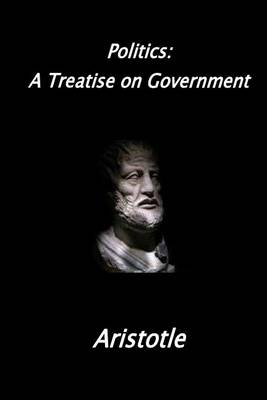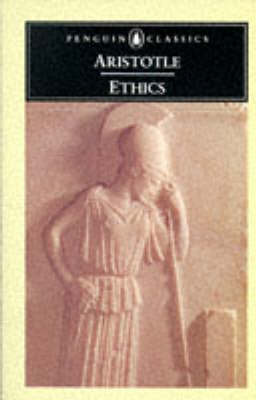Classics
2 total works
Aristotle's Politics is a key document in Western political thought. In these first two books Aristotle shows his complete mastery of political theory and practice, and raises many crucial issues still with us today. In Book I he argues vigorously for a political theory based on 'nature'. By nature, man is a 'political animal', one naturally fitted for life in a polis or state. Some people, however, are natural slaves; and women are by nature subordinate to men. Acquisition and exchange are natural, but not trading for profit. In Book II he launches a sharp attack on Plato's two 'utopias', the Republic and the Laws, and also criticizes three historical states reputed to be well governed: Sparta, Crete, and Carthage. This volume contains a close translation of these two books, together with a philosophical commentary. It is well suited to the requirements of readers who do not know Greek.
A vigorous polemicist as well as a rational philosopher, Aristotle (384 - 322 BCE) has the task in his ethics of demonstrating how men become good and why happiness can, and should, be our goal. The success of Aristotle's endeavour may be measured by the enormous impact of his ethics on Western moral philosophy through the centuries. Composed as mere lecture notes, it possesses a startling boldness and represents an exacting, exciting challenge to the reader. By converting ethics from a theoretical to a practical science, and by introducing psychology into his study of behaviour, Aristotle both widens the field of moral philosophy and simultaneously makes it more accessible to anyone who seeks an understanding of human nature.

